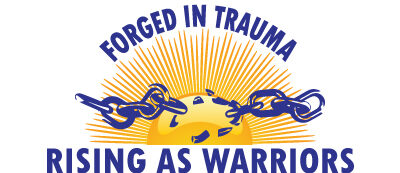Transference: How Unprocessed Trauma Finds an Outlet
Most of us have heard of the term displacement. It’s when we take our frustrations out on something or someone who had nothing to do with the triggering event. Well, we can think of transference as displacement’s “next of kin” because at first glance, they have core traits in common. Both are the results of …
Transference: How Unprocessed Trauma Finds an Outlet Read More »










